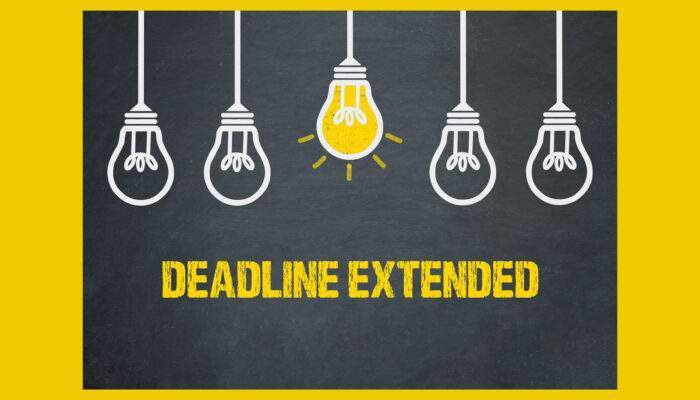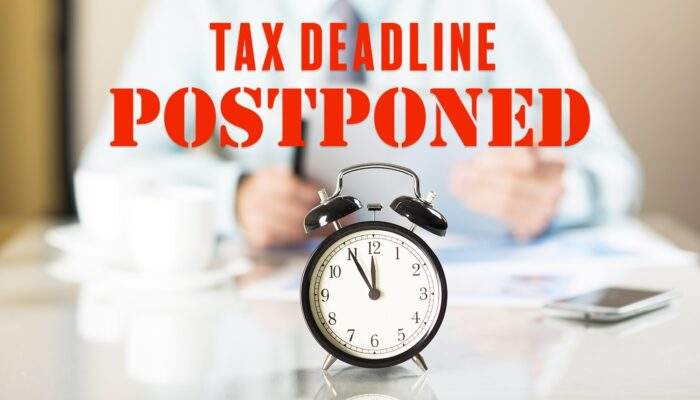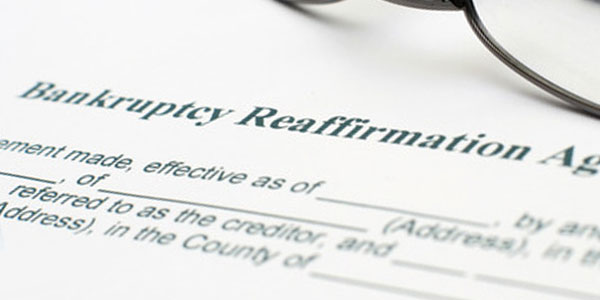Table of Contents
Objecting to Exemptions: Amendments and the 4003 Deadline
When does the 30-day deadline of Rule 4003 get restarted?
Does any amendment of schedules extend the 30-day objection deadline of Rule 4003, or only amended exemptions or assets? Another bankruptcy attorney recently saw that a creditor objected to his client’s exemptions, which creditors are allowed to do. The issue is, there’s a deadline to object to exemptions, as a rule. Creditor objected after the deadline, and debtor’s counsel asked if he was justified to seek Rule 11 sanctions.
There are exceptions that can extend or restart that objection deadline. Obviously, it would be fair that, for example, amending the exemptions on Schedule C gives an opportunity to object to the amendments and new exemptions. But what if there’s an amendment to any of the schedules? Does amending income on Schedule I give a new opportunity to object to exemptions? Let’s take a look.
Continue reading “Objecting to Exemptions: Amendments and the 4003 Deadline”










